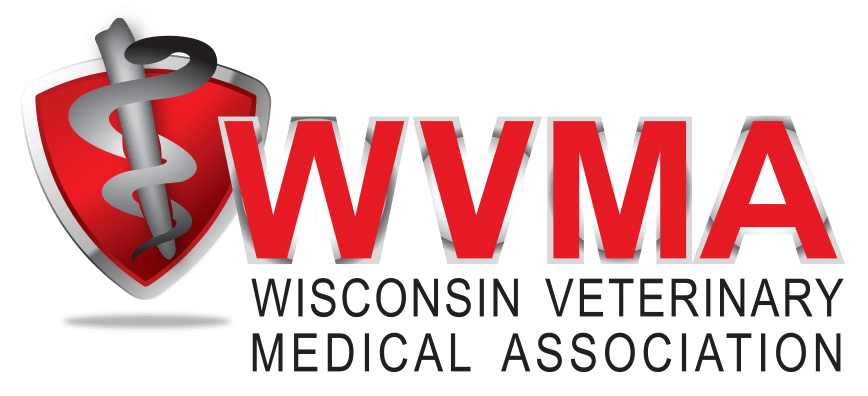On April 14, the U.S. Food and Drug Administration released its final guidance on animal drug compounding from bulk drug substances. The FDA has indicated it will focus on education and apply discretion regarding enforcement until October 1, 2022. Animal drug...
Consider a Gift to the WVMF This Holiday Season
By Jodi Legge, Executive Director, Wisconsin Veterinary Medical Foundation When making end-of-year giving plans, consider a gift to the Wisconsin Veterinary Medical Foundation (WVMF). Your donation,100 percent tax deductible, will be used to fund programs helping...
Wisconsin Approves RHDV2 Vaccine
By the Wisconsin Department of Agriculture, Trade and Consumer Protection Division of Animal Health Wisconsin veterinarians can now offer the Medgene Labs vaccine for rabbit hemorrhagic disease virus 2 (RHDV2), thanks to authorization by the Wisconsin Department of...
Veterinarians Exempt From New Gabapentin Reporting Requirements
There are no changes for veterinarians regarding Gabapentin reporting at this time. The Wisconsin Controlled Substances Board has adopted a rule that designates Gabapentin as a monitored prescription drug due to its substantial potential for abuse. The new rule states...
Small Animal Stewardship Posters Available
The Wisconsin Department of Health Services has small animal stewardship posters available for veterinarians to post in their clinics. The posters promote the use of antibiotics only when needed. The following posters are available: PAWS FOR A SECOND. Are antibiotics...
Dog Sellers’ Licensing Fees Under Review
By Dr. Yvonne Bellay, Animal Welfare Programs Manager, Wisconsin Department of Agriculture, Trade and Consumer ProtectionLicense and reinspection fees for dog sellers and dog facility operators are under review. The Dog Sellers and Facilities Program is currently...
Animal Health Certificate Reminders
By Gretchen May, DVM, Wisconsin Department of Agriculture, Trade and Consumer Protection Division of Animal Health A certificate of veterinary inspection, also known as a CVI or health certificate, is required for the interstate movement of most animals. A...
Study Confirms Cats Can Become Infected With and May Transmit COVID-19 to Other Cats
By Kelly Tyrrell, University Communications, University of Wisconsin-Madison In a study published May 13 in the New England Journal of Medicine, scientists in the U.S. and Japan report that in the laboratory, cats can readily become infected with SARS-CoV-2,...
Do Pets Put Owners at Risk for Lyme Disease or Do They Improve Owners’ Tick Prevention Habits?
By Molly Wight, Master of Public Health candidate, and Bieneke Bron DVM, PhD, postdoctoral researcher, Midwest Center of Excellence for Vector-Borne Diseases, University of Wisconsin-Madison Spring has sprung, and with it, tick season has arrived....
COVID-19 Information Sheets Available
The American Veterinary Medical Association (AVMA) has information sheets available about COVID-19 for veterinarians and pet owners. These resources provide answers to some of the frequently asked questions about COVID-19. To access the FAQ sheet for veterinarians and...
